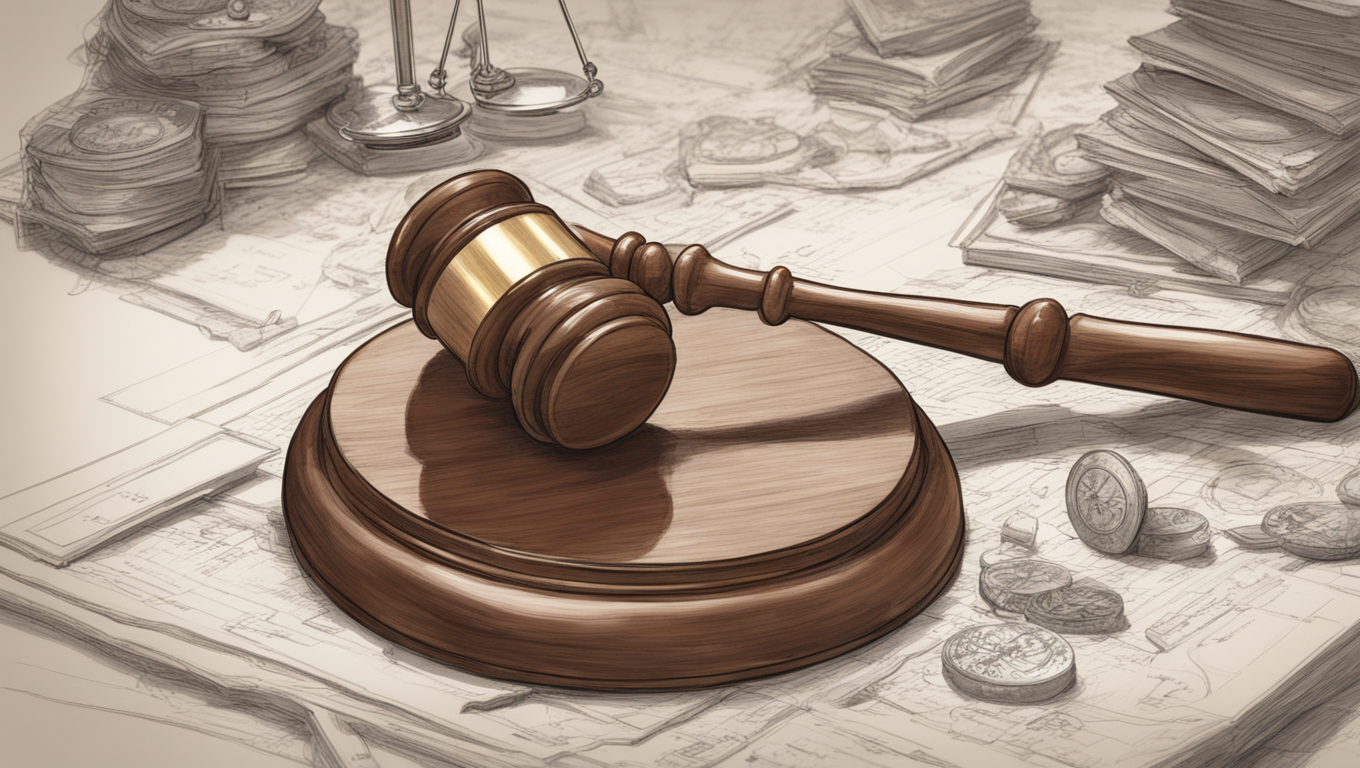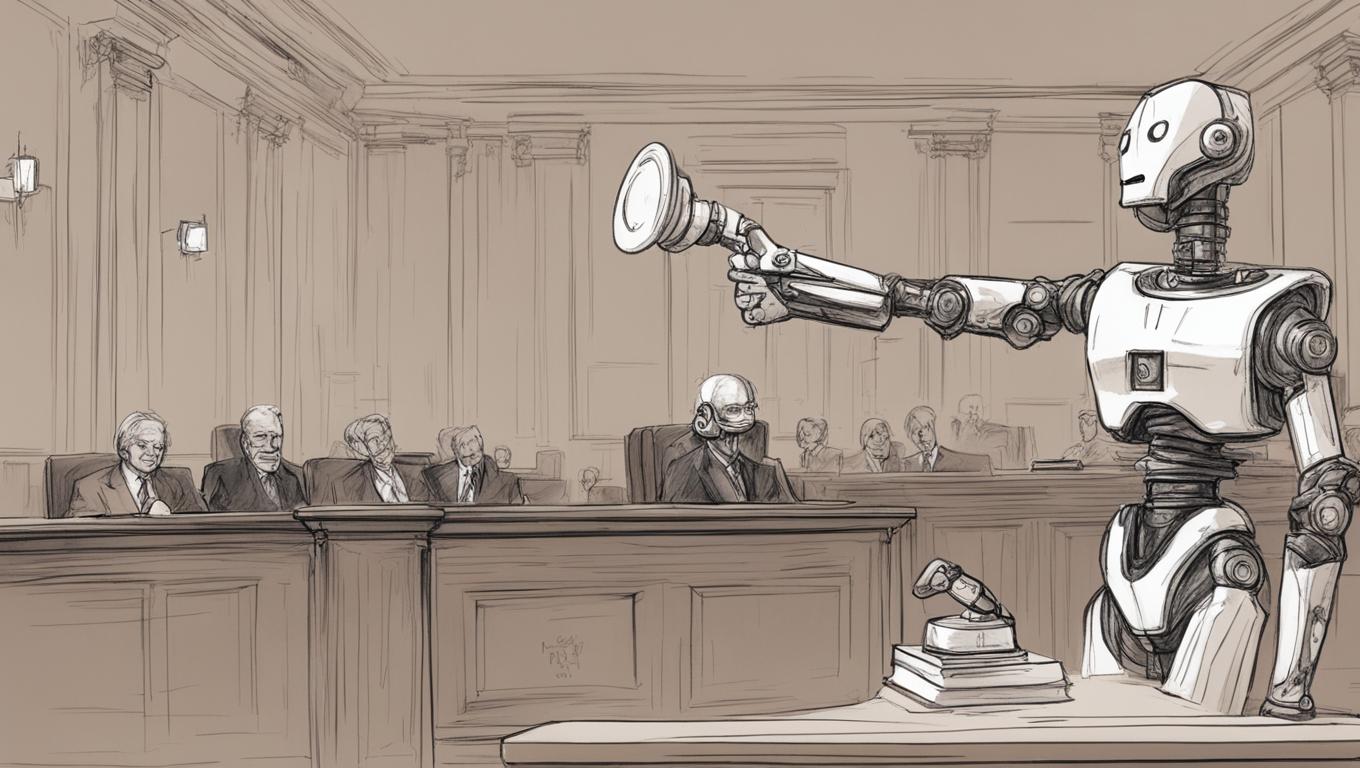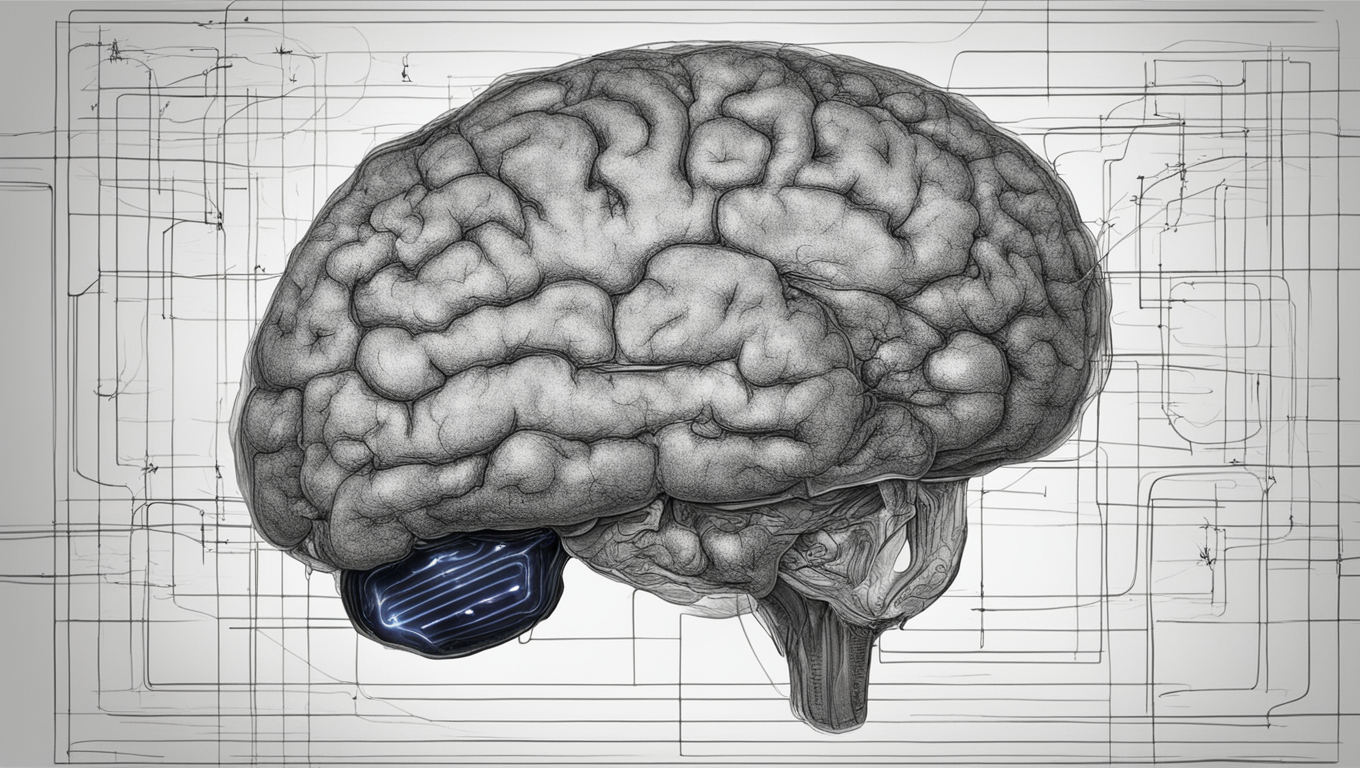Alphabet’s Google is currently facing a substantial patent infringement lawsuit in Boston. The trial, set to take place before a federal jury, revolves around allegations that Google’s processors, which power various artificial intelligence (AI) features in its products, violate patents held by Joseph Bates, a computer scientist from Massachusetts.
Singular Computing, Bates' company, claims that Google copied his technology and, without permission, incorporated it into Google Search, Gmail, Google Translate, and other services. Singular has requested up to $7 billion in damages, potentially surpassing the largest patent infringement award in U.S. history. Google, however, contests the validity of Singular’s patents, referring to them as “dubious.” Google’s spokesperson, Jose Castaneda, stated that the company independently developed its processors over the course of several years.
“We look forward to setting the record straight in court,” Castaneda added confidently. On the other hand, an attorney representing Singular declined to comment on the ongoing case. The trial is expected to last two to three weeks, during which both parties will present their arguments and evidence.
According to the complaint lodged by Singular in 2019, Bates shared his computer-processing innovations with Google between 2010 and 2014. The lawsuit contends that Google’s Tensor Processing Units, which significantly enhance the tech giant’s AI capabilities, closely resemble Bates' technology and infringe upon two patents. Singular attests that Google’s circuits are built on an improved architecture discovered by Bates, enabling greater processing power and transforming the way AI training and inference are conducted.
Google initially introduced its processing units in 2016 to fuel AI functions such as speech recognition, content generation, and ad recommendations. Singular asserts that versions 2 and 3 of the units, launched in 2017 and 2018 respectively, violate its patent rights. In response, Google informed the court in December that its processors operate differently from Singular’s patented technology and that these patents are, in fact, invalid.
“Google engineers had mixed feelings about the technology, and the company ultimately rejected it, explicitly telling Dr. Bates that his idea was not right for the type of applications Google was developing,” Google stated in a court filing. Additionally, a U.S. appeals court in Washington is scheduled to hear arguments on Tuesday regarding the potential invalidation of Singular’s patents. Google had appealed this matter from the U.S. Patent and Trademark Office.
This patent infringement lawsuit not only carries significant financial implications for both parties involved but also raises important questions about the ownership and protection of intellectual property in the fast-evolving field of AI technology. As the trial unfolds, it remains to be seen how the federal jury will evaluate the evidence and determine the outcome of this high-stakes legal battle.





Use the share button below if you liked it.